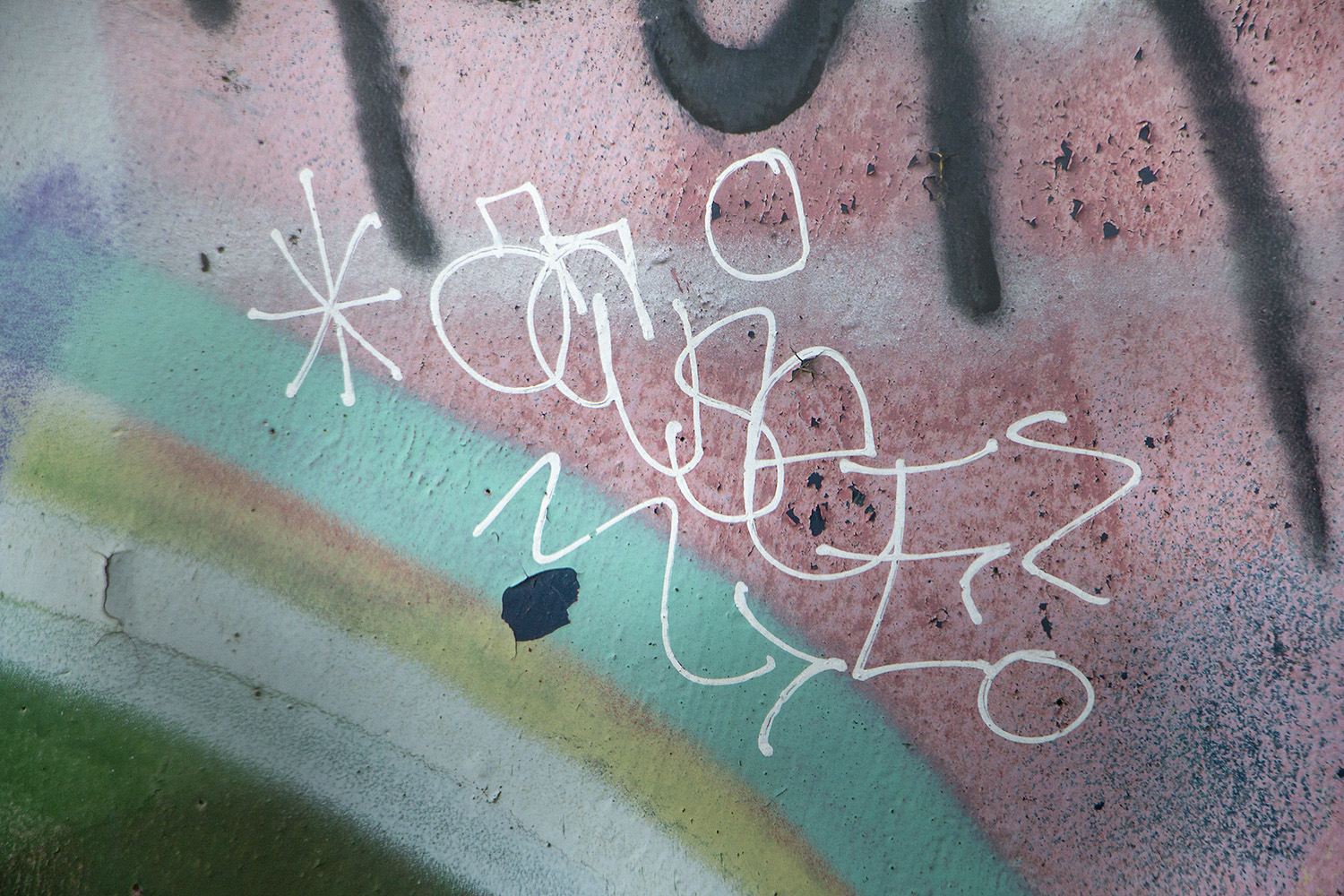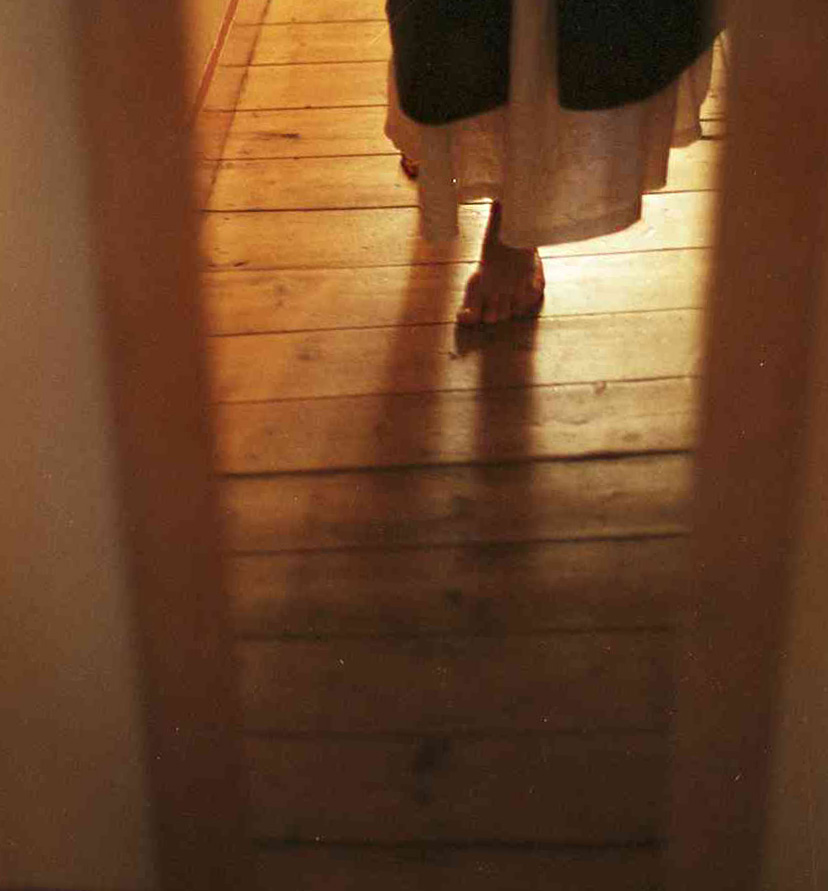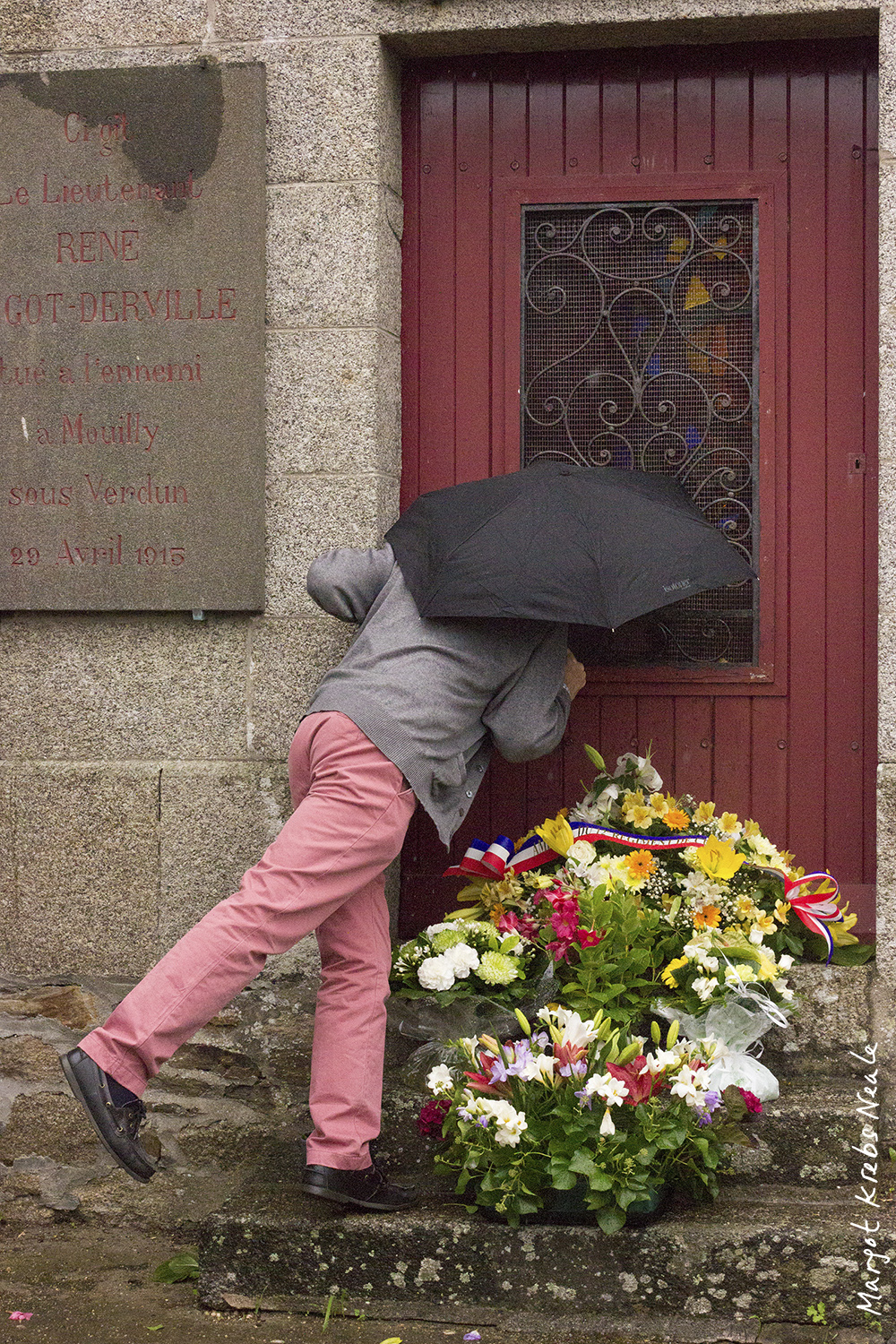Skip to content
Posts Tagged: Translation
Of course it hurts – Ja visst gör det ont – Karin Boyle
On 18 June 2020 by Margot Krebs Neale
- Uncategorized
“Go to the limits of your longing” – L’abîme en face
On 19 September 2018 by Margot Krebs Neale
- Uncategorized
À qui d’autre que toi apparaissent-ils en rêve ?
On 6 February 2017 by Margot Krebs Neale
- Uncategorized









